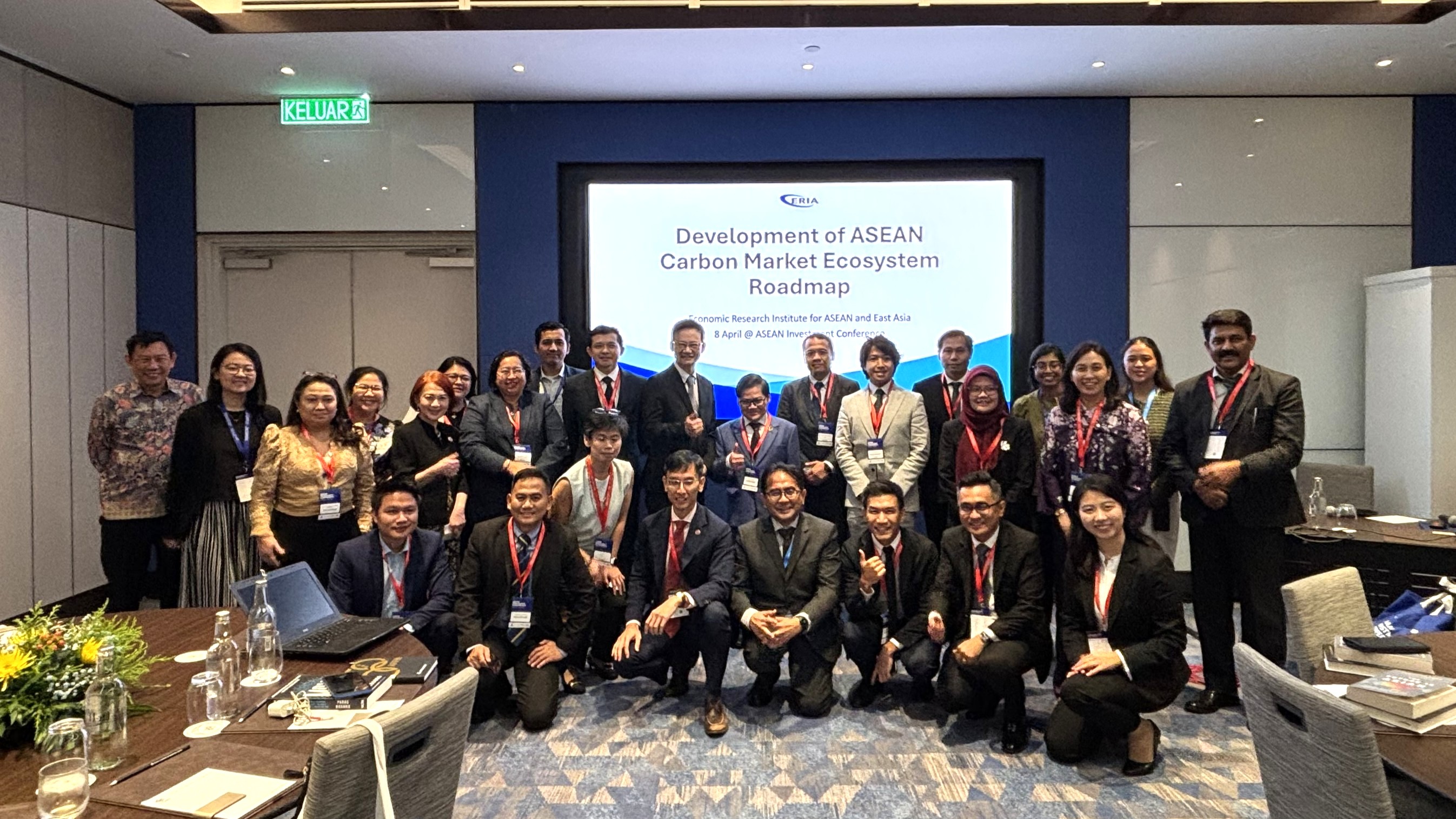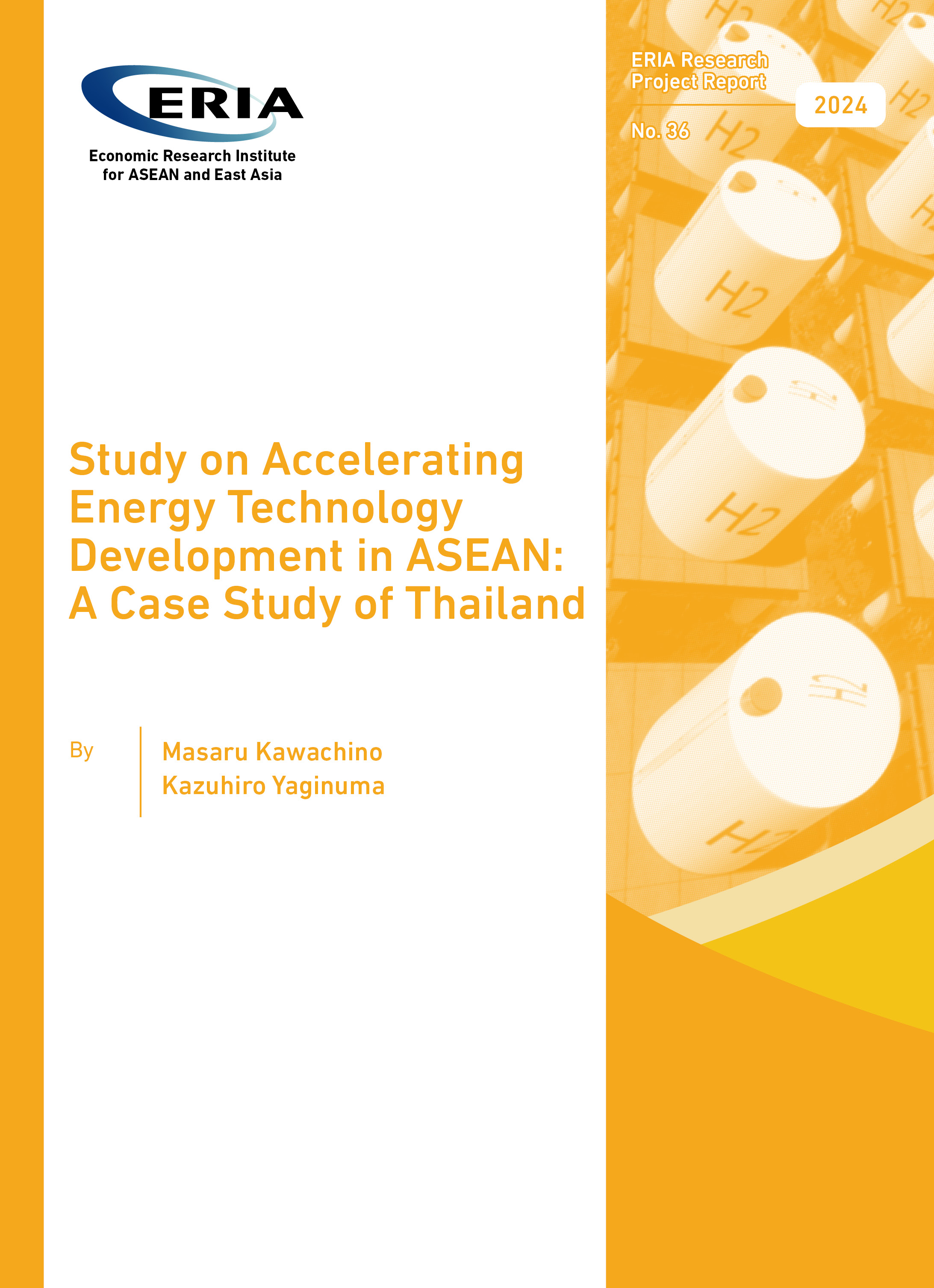ERIA and OECD’s Webinar Shares Lessons Learned from AI Adoption in Europe and China
Date
11 November 2024Category
WebinarTopics
Innovation and Technology, Technology, WebinarShare Article:
Print Article:
Jakarta/Paris, 11 November 2024: ERIA and the Organisation for Economic Co-operation and Development (OECD) hosted a webinar featuring Professor Andrés Rodríguez-Pose, Princesa de Asturias Chair and Professor of Economic Geography at The London School of Economics and Political Science (LSE). Prof. Rodríguez-Pose presented his latest research on how local economies across Europe and China respond to the generation and adoption of artificial intelligence (AI).
This was the second webinar in a mini-series leading up to the Entrepreneurship Education, Collaboration, and Engagement (EECOLE) 2024 Roundtable, set to take place at ERIA’s E-DISC in Jakarta from 26 to 28 November 2024.
The key takeaways from the webinar are as follows:
- AI’s Economic Impact: Prof. Rodríguez-Pose discussed the diverse effects of AI on gross domestic product (GDP) growth, employment, and productivity. While AI generation (measured by patents) has boosted productivity and GDP in Europe, this impact is concentrated in the NUTS 2 region, which has strong AI hubs such as Southern and Central Germany and the Netherlands. However, regions lagging in AI development see fewer benefits. In China, AI adoption has affected regions differently, benefiting those in the middle economic range. This adoption shows an inverted U-shape impact, with the greatest effects found in regions between the 40th and 80th percentiles of GDP distribution.
- Skills Needed for AI: Prof. Rodríguez-Pose highlighted the distinct skill requirements for AI generation versus adoption. AI generation requires specialised skills attainable through extensive training – skills that tend to cluster in already specialised regions. Barriers to entry to AI generation are significant and Europe faces challenges in catching up, as noted in Mario Draghi’s report on the continent’s future competitiveness. In contrast, AI adoption requires general skills, such as the ability to formulate effective queries, making it accessible to a broader range of regions and industries.
- Policy Directions: Emphasising that AI is here to stay, Prof. Rodríguez-Pose cautioned against a ‘good or bad’ debate in framing AI. Policies should enable regions to leverage AI, primarily through adoption rather than generation, as the latter requires advanced specialisation that may no longer be feasible for many regions in Europe. Instead, these regions should incorporate AI into areas they already excel at to increase productivity.
- Navigating the Transition towards an AI-Enhanced Labour Market: The transition to AI will inevitably reshape job markets, but many new opportunities will emerge. Local leaders have a pivotal role in promoting workforce adaptability, learning, and versatility to meet these evolving demands.
While AI’s impact on productivity is still debated, the potential is undeniable. As large language models (LLMs) evolve, they represent more than just language – LLMs are a blend of languages and cultures, highlighting AI’s complex role in shaping diverse societies.
The ERIA–OECD webinar series was co-hosted by Dr Raffaele Trapasso of the OECD and Dr Giulia Ajmone Marsan of ERIA.








